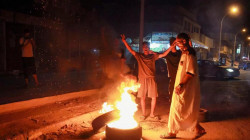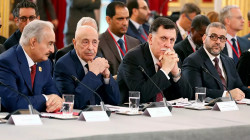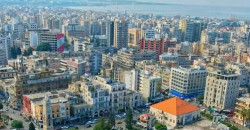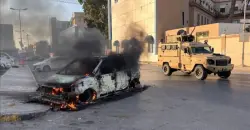Tripoli erupts: Clashes intensify as civilians call for safe corridors
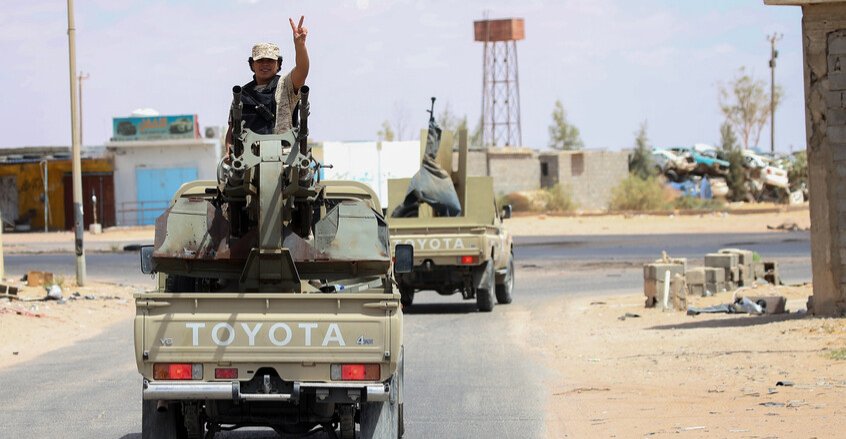
Shafaq News/ Armed clashes escalated on Wednesday in the Libyan capital, Tripoli, between forces affiliated with the Government of National Unity and rival units from the Special Deterrence Force.
Fighting broke out in several neighborhoods, including Janzur, Al-Riqata, and Garyan. Civilians, including children and patients in need of medical care, issued urgent appeals for the establishment of humanitarian corridors.
A source from the Ministry of Defense in the unity government pointed out that a gradual truce had begun to take hold in certain areas in an effort to ease the security situation.
According to the Libyan Ambulance and Emergency Service, the ongoing clashes have severely disrupted evacuation and medical response efforts. Officials reported receiving multiple distress calls from trapped civilians but said many areas remained inaccessible due to the intensity of the fighting.
EgyptAir canceled its scheduled flight from Cairo to Tripoli’s Mitiga International Airport, citing instability in the capital. It is the first airline to suspend service since the current round of violence began.
The United Nations Support Mission in Libya (UNSMIL) condemned the clashes and the continued mobilization of armed groups, calling on all parties to uphold international humanitarian law, protect civilians, and pursue dialogue aimed at resolving disputes peacefully.
The escalation follows the May 12 assassination of Abdel Ghani al-Kikli, known as “Ghnewa,” head of the Stability Support Apparatus (SSA). His killing—reportedly by forces linked to Prime Minister Abdul Hamid Dbaiba—triggered some of the heaviest fighting Tripoli has seen in years. Dbaiba-aligned units responded by dismantling SSA positions, taking control of key areas, and arresting dozens of fighters.
Libya has remained mired in conflict since the 2011 uprising that ended the rule of Muammar Gaddafi. The power vacuum that followed led to the rise of competing governments and armed factions. In 2014, the country effectively split between rival administrations in the east and west, each backed by local militias and foreign actors.
Despite a UN-brokered ceasefire in 2020, political divisions persist. The internationally recognized Government of National Unity is based in Tripoli, while a parallel administration continues to operate from the east.
